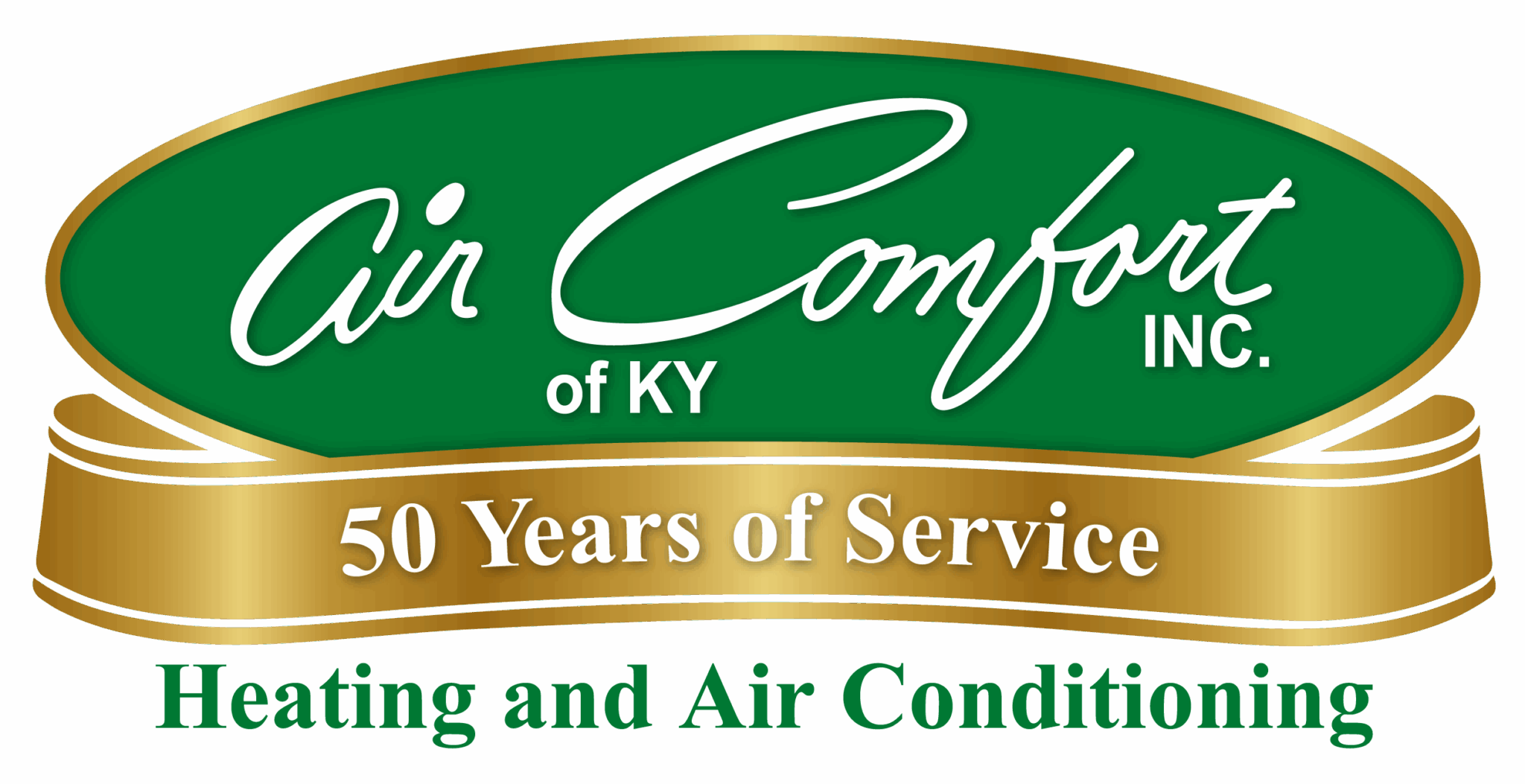When you walk into your home and feel that cool blast of air in the summer or comforting warmth in the winter, you probably thank your HVAC system—and you should. But there’s a hidden hero (or sometimes a hidden culprit) that rarely gets the spotlight: your ductwork. Tucked behind walls, above ceilings, or under floors, your ductwork is quietly working 24/7 to move air where it needs to go. But here’s the truth most homeowners don’t realize: over time, your ductwork can become a bit… gross. And that can affect not just your HVAC system’s performance, but also your health and wallet.
What’s Hiding Inside Your Ductwork
Imagine this: You’re dusting your living room and wiping down counters weekly, maybe even daily. But the very air that flows through your vents—circulating through your entire home—could be picking up dust, pet dander, mold spores, pollen, construction debris, and even insect remnants along the way. Gross? Absolutely. But common? You bet. Every time your HVAC system kicks on, it pushes air through those ducts. If your ductwork hasn’t been cleaned in years (or ever), that air is also grabbing whatever’s settled inside—dust, allergens, even moisture—and delivering it straight into your living space.
Why It Matters More Than You Think
You might be wondering, “Okay, so my ducts are a little dusty—what’s the big deal?” Here’s why duct cleaning might matter more than you realize: Dirty ducts can contribute to poor indoor air quality, especially if you or your family members suffer from allergies, asthma, or other respiratory conditions. If someone in your household is sneezing more than usual, waking up congested, or complaining about musty smells, your ducts might be the hidden trigger. Think of your ductwork like arteries in your body. If they’re clogged, your HVAC system has to work harder to push air through. That leads to higher energy bills, more wear and tear, and a greater chance of breakdowns. A cleaner system simply lasts longer. Excessive dust and debris can shorten the life of your HVAC unit by forcing it to overwork. Regular duct maintenance can help extend the lifespan of your equipment and protect your investment.
What Actually Happens During Duct Cleaning
Duct cleaning isn’t just someone sticking a vacuum hose into a vent and calling it a day. A professional duct cleaning involves inspecting your ductwork for buildup, leaks, or damage, using specialized equipment to dislodge and remove dirt and debris, cleaning the entire system including supply and return ducts, registers, and grilles, and sometimes applying microbial treatments if mold is present. It’s not something you want to DIY—this is one of those situations where professional tools and experience make all the difference.
Pet Owners: Pay Extra Attention
Got pets? Then multiply everything we just said by ten. Pet fur and dander love ductwork. It’s where they settle and stay unless removed. Over time, this buildup can not only clog airflow but also contribute to lingering odors in your home. If your house has that “pet smell” no matter how often you clean, your ducts might be holding onto it for dear life.
When Should You Schedule a Cleaning?
The EPA doesn’t recommend routine duct cleaning as a blanket rule, but there are definitely times it’s necessary: after a renovation or construction project, if you’ve moved into a new home, if you notice visible mold, pest droppings, or excessive dust around vents, or every 3–5 years as a preventative measure. A simple inspection can tell you if your ducts need attention—many HVAC companies (ours included) can provide this as part of a maintenance visit.
A Cleaner Home Starts in the Air
At the end of the day, your ductwork plays a huge role in the air you breathe, how comfortable your home feels, and how hard your HVAC system has to work. Taking care of it isn’t just a maintenance task—it’s an investment in your comfort, health, and peace of mind. Want to find out what’s hiding in your ducts? Give us a call and schedule an inspection. You might be surprised what we find—but you’ll definitely be glad we found it.
